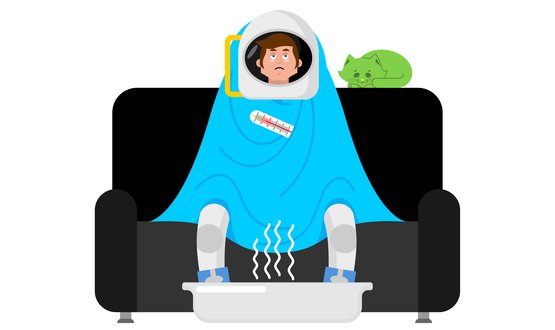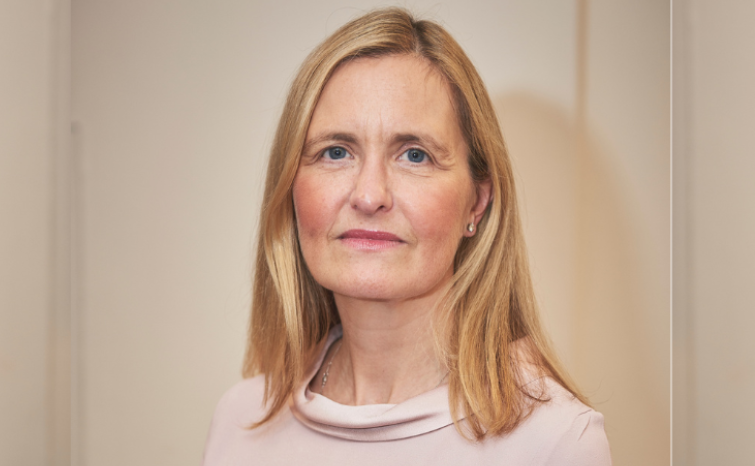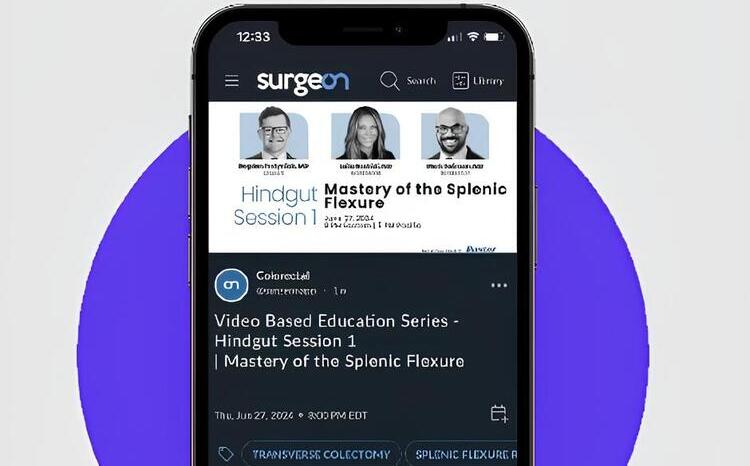Sick spacefarers to tap clinical support app aboard ISS

NASA is piloting the use of clinical support tool UpToDate on board the International Space Station (ISS).
Astronauts aboard the space station will be able to use the software to access clinical information via an iPad application.
As doctors are in short supply 250 miles above the earth’s surface, UpToDate will be used by potentially ill astronauts to check their symptoms.
Clinicians aboard the ISS will be able to use the software to gain a second opinion on potential diagnoses, using UpToDate’s database of “expert-authored” recommendations.
Developed by Dutch professional services firm Wolters Kluwer, UpToDate offers evidence-based opinions and treatment recommendations on over 10,500 conditions across 23 specialties.
Used by over 1.1 million health professionals at the point of care, information that goes into the app is peer-reviewed and collated by over 5,000 clinicians.
According to Wolters Kluwer, the software is currently used in 180 countries, including the UK.
NASA is using UpToDate MobileComplete, which enables access to all of the software’s content in absence of a continuous internet connection.
While some astronauts receive some medical training, this only covers a limited number of eventualities.
UpToDate therefore intends to provide specialist, accurate medical information in absence of a doctor or internet connection.
Back on earth, UpToDate MobileComplete is frequently deployed in rural regions with limited internet connectivity, and disaster zones where incidents may have knocked out communication lines.
Denise Basow, CEO of clinical effectiveness at Wolters Kluwer Health, said: “For over a quarter-century, UpToDate has served as the world’s most trusted clinical decision support resource. Now, we are proud to be used on the ISS, 403 km above the earth’s surface.
“Wolters Kluwer leverages insights from thousands of world-renowned experts, authors, editors and peer reviewers to help clinicians make the best care decisions wherever they practice — even in space.”





1 Comments
Unos de los aspectos más importantes es la inter-operatividad del software y la variabilidad de idiomas en los que se lo pueda usar en tiempos real para todas las edades en tiempos de vejez. Además deberá tener un comité bio-ético de control de calidad e información para el mejor uso de esta vieja e innovada herramienta digital, cuyo uso tendrá una gran limitante: las habilidades digitales de los usuarios del campo de la salud.
Comments are closed.